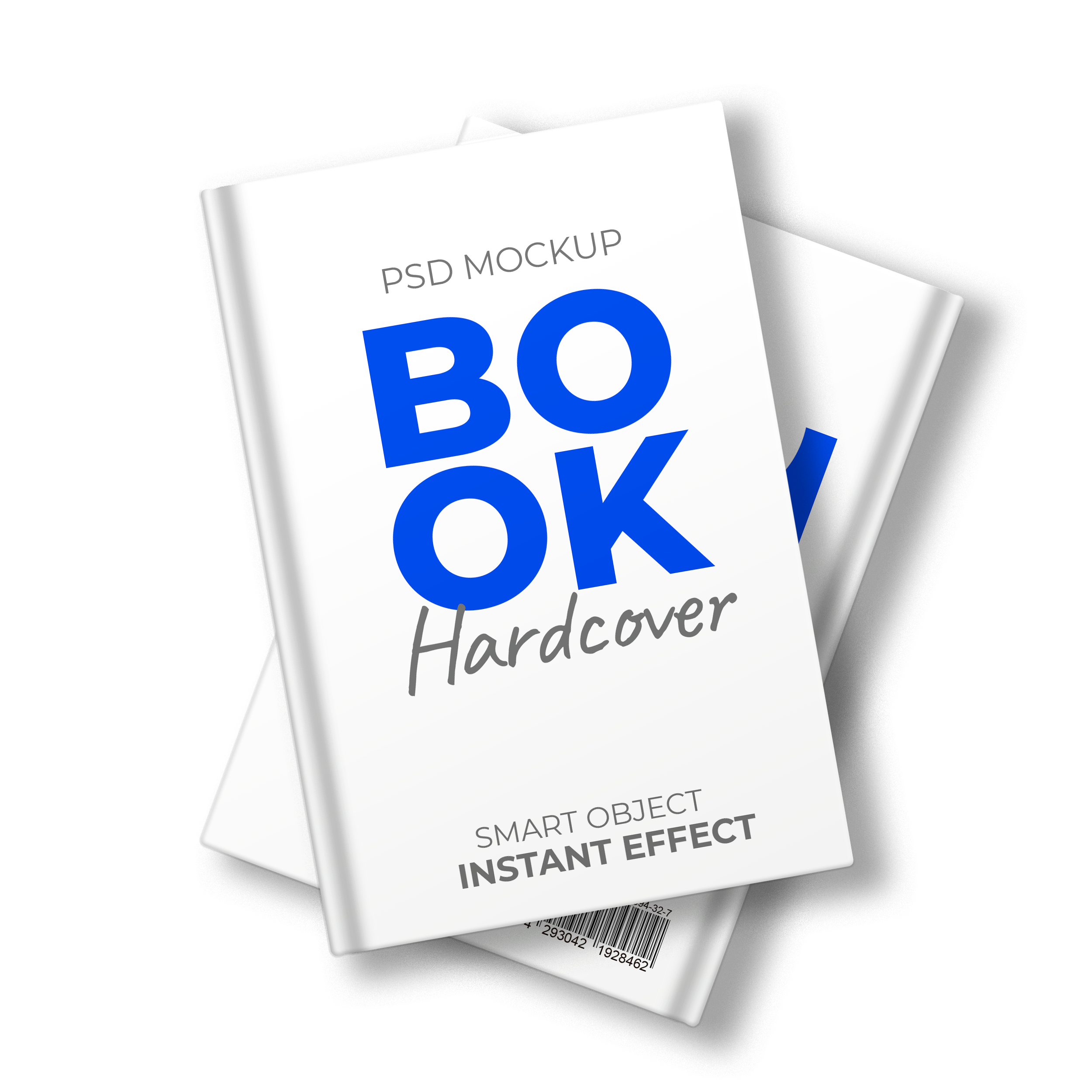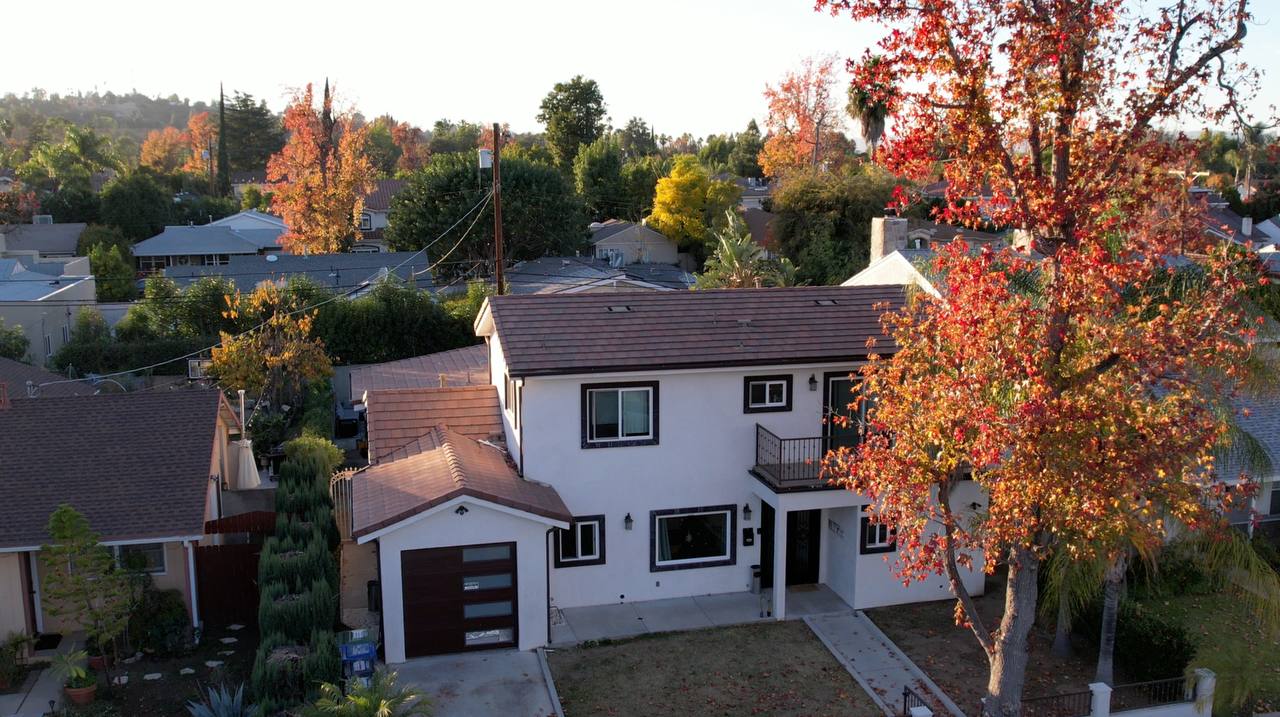When seeking dialectical behavior therapy (DBT) in Los Angeles or elsewhere in the United States, it’s easy to become overwhelmed with myriad options. Despite originally gaining prominence in its efficacy in treating addiction, DBT has become increasingly popular for treating various mood disorders, anxiety, and other mental health concerns.
DBT prides itself on a dynamic approach to therapy, combining elements of cognitive therapy with mindfulness techniques to help clients address their damaging emotions and learn to break free from self-destructive behavior patterns. With a strong emphasis on meeting clients’ unique needs, therapists can help facilitate the development of improved coping mechanisms and implement lasting solutions that create a solid foundation for recovery and well-being.
Building healthy behaviors to deal with stress and other challenges is a fundamental principle of DBT and an essential element for achieving successful, long-term outcomes. With DBT, clients can learn to navigate life’s challenges and develop essential life skills to promote a more fulfilling life.
Searching for dialectical behavior therapy in Los Angeles, California? Contact Avedis Recovery by calling 833.514.0579 or reaching out to our team online.
What Is Dialectical Behavior Therapy?
DBT, an effective form of psychological therapy, is a modified version of Cognitive Behavioral Therapy (CBT) aimed at inspiring individuals to live in the present moment and develop healthy coping strategies for everyday stressors. In mental health circles, DBT is highly regarded for its effectiveness due to its many objectives.
DBT incorporates emotion regulation, relieving people who struggle to manage their feelings. It provides an excellent opportunity for individuals to understand their emotional responses better and learn how to handle them positively.
Initially, DBT was designed to help patients with borderline personality disorder (BPD). However, as the demand for the therapeutic approach increased, DBT was modified to cater to people with other mental health problems. People who struggle with PTSD and self-destructive behaviors can now benefit from dialectical behavior therapy.
DBT offers several techniques as part of its comprehensive approach to therapy. Core mindfulness, distress tolerance, emotion regulation, and interpersonal effectiveness help individuals manage their reactions to stress and work through other challenges. These techniques are tailored to meet each patient’s specific needs, resulting in a comprehensive approach to therapy that can help people develop a more fulfilling and purposeful life.
What Is DBT’s Contribution to Addiction Treatment Programs?
Dysfunctional emotions and self-destructive behaviors are at the root of addiction, fueling a vicious cycle of substance use disorders that can be incredibly difficult to break free. The emotional, mental, and physical consequences of addiction all contribute to the downward spiral that plagues many who suffer from this ailment.
The addiction challenges can make it nearly impossible to recover independently, and accessing the right treatment can be daunting. However, advancements in psychotherapy have led to the development of dialectical behavior therapy, an evidence-based approach that is highly effective in treating conditions that can be hard to manage or overcome, including addiction.
DBT empowers individuals in addiction recovery to take control of their lives by promoting change and acceptance. By encouraging proactive steps toward sobriety through dialectical behavior therapy, therapists help clients develop the skills to manage cravings and unhealthy emotions. Over time, clients gain greater control over their lives and can set positive goals that help them rebuild their lives.
Outpatient Dialectical Behavioral Therapy
One key element of DBT is phone coaching, which can provide clients additional support as they navigate the recovery process. Access to guidance from a professional can make all the difference in progressing toward recovery.
Clinicians teach DBT skills within individual therapy sessions and during group sessions with other individuals in recovery. This allows clients to address specific personal life challenges according to their behavioral skills. By honing their skills over time, clients can develop a new outlook on life that emphasizes building sustainable quality of life while also working to decrease behaviors that cause harm.
Dialectical behavior therapy can be transformative in addiction recovery, offering a path out of the negative cycles of dysfunctional emotions and self-destructive behaviors that fuel addiction. Through sustained practice and guidance, individuals can develop the skills and confidence they need to achieve profound healing and recovery.
Looking for Dialectical Behavioral Therapy in Los Angeles?
Within addiction treatment programs, Dialectical Behavior Therapy (DBT) is becoming a go-to approach to recovery for substance use disorders. Because DBT provides holistic support. This therapy equips patients with the tools and skills needed to maintain sobriety in the long run.
One of the key aspects of DBT is its emphasis on acceptance and change. This unique combination of tenets recognizes the inherent struggles of abstaining from substance abuse. It also helps patients develop a realistic understanding of the challenges they will face during the recovery process. Accepting the difficulties inherent in recovery is a critical first step toward achieving lasting sobriety.
DBT also promotes personal engagement, encouraging patients to take an active role in their own treatment. By engaging in their own treatment, patients can see themselves as active participants in their own recovery. This can lead to higher rates of completion and improved outcomes, ultimately supporting patients in achieving lasting sobriety.
Origins of Dialectical Behavioral Therapy
Dialectical behavior therapy was initially created to treat borderline personality disorder. A beneficial adaptation by clinicians makes it a highly effective treatment for substance use disorders and other mental illnesses. This versatility is crucial, reassuring patients and practitioners that DBT can effectively treat various mental health conditions.
For those seeking DBT, finding options in busy urban areas like Los Angeles is relatively easy. However, those living in smaller towns or rural areas may have more limited options. Nonetheless, any reputable mental health center should be able to provide information about dialectical behavior therapy options. Or Avedis Recovery can help connect patients with nearby centers that provide DBT services.
DBT therapy can be a key part of a comprehensive addiction treatment program in inpatient or outpatient programs. By providing patients with the tools and skills, they need to manage the challenges of addiction recovery. Dialectical behavior therapy can help support lasting sobriety and improved mental health outcomes in the long term.
Avedis Recovery’s DBT Options in Los Angeles?
Seek addiction treatment programs that include DBT in Los Angeles, California. Avedis Recovery, specialists in dialectical behavior therapy, is the right place for you. We commit to providing the best care to our clients by implementing evidence-based practices like DBT. Our dedicated team of experienced professionals will work with you every step of the way. We’re here to help you meet your needs and restore balance to your life. Connect with us today by calling 833.514.0579 or visiting our website to learn more!














